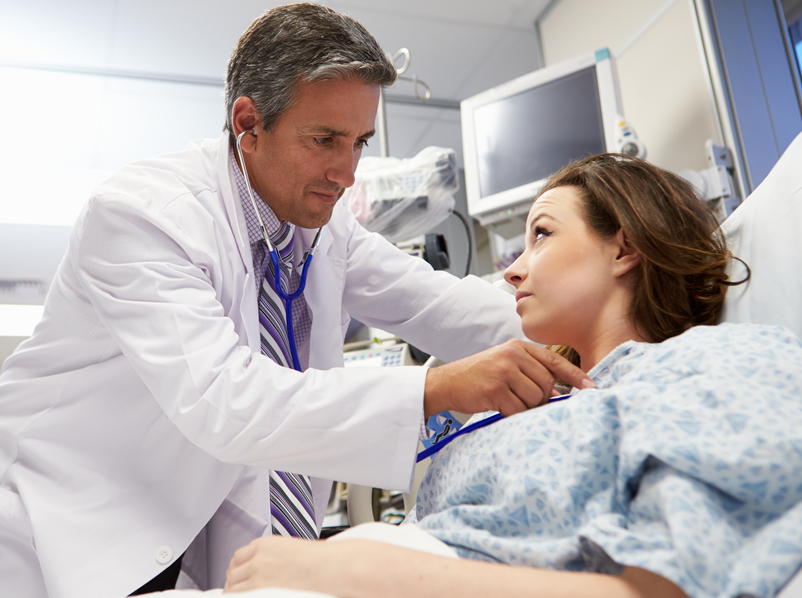
Share On Social!
While colorectal cancer rates have gone down among older adults, they are spiking among Millennials and Generation Xers, recent studies disturbingly have found.
Compared to people born in 1950, people born in 1990 have double the risk of colon cancer and four times the risk of rectal cancer, according to American Cancer Society researchers who analyzed data from more than 490,000 colorectal cancer cases in adults from 1974 to 2013.
For Latinos, this is especially troubling information. Colon cancer is already the second-leading cause of cancer deaths among Latino men and the third-leading cause of cancer deaths among Latinas.
“It’s extremely rare for an incidence of a disease to increase this much,” said Dr. Andrea Cercek, a gastrointestinal oncologist at Memorial Sloan Kettering Cancer Center in an interview with Health.
Reasons for Colorectal Cancer’s Rise
Researchers aren’t exactly sure what the root causes for the rise are (for Latinos, they have been linked to health disparities); factors range from the growing obesity problem in America to the belief that it does not affect younger adults.
“They think it’s not a big deal and they’re too busy working and living their lives, and they’re more likely to be diagnosed at a later stage,” Dr. Cerek said.
Colorectal Cancer Warning Signs
Here are some six big warning signs for colon and rectal cancer that everyone should pay attention to:
- Blood in stool (either bright red or dark)
- Bleeding from the rectum
- Unexplained abdominal cramping
- A change in your bowel movements (this can be timing, frequency, shape, or amount)
- Persistent constipation or diarrhea
- Unexplained weight loss
If you are experiencing any of these symptoms for longer than one week, it is time to talk to your doctor. Prior to your visit, do your homework: consult your family members to see if there is a history of colorectal cancer.
If you do, you may ask your doctor for a screening.
“Most young people will just have some blood in their stool, and it will be diagnosed as hemorrhoids, which is the most likely thing,” said Dr. Rebecca Siegel, the lead epidemiologist for the study to Health. “But we need to raise awareness among physicians that these symptoms need to be followed up.”
Resources and Tales from Colorectal Cancer Survivors
Take heed also from Latino survivors of colorectal cancer.
San Antonio resident Linda Moreno, for example, had her first colonoscopy at age 33 because of her family history.
Doctors found and removed two polyps.
“Being Latina, I strongly encourage anyone with a family history of colorectal cancer to follow the screening guidelines,” Moreno said. “When you have a family history of cancer, it doesn’t matter what age you are—you need to get checked.”
You can lower your risk of colorectal cancer by adjusting your diet, eating more healthy fruits, veggies, and fiber, and cutting down on the red and processed meats.
Don’t forget also to check out the new Rx Cookbook: Cancer-Fighting Recipes, Restaurants & Markets. The online book aims to help people reduce their cancer risk with recipes based on an anti-inflammatory diet, developed by a chef and researchers at UT Health San Antonio, the team behind SaludToday.
Explore More:
Healthcare AccessBy The Numbers
25.1
percent
of Latinos remain without health insurance coverage



